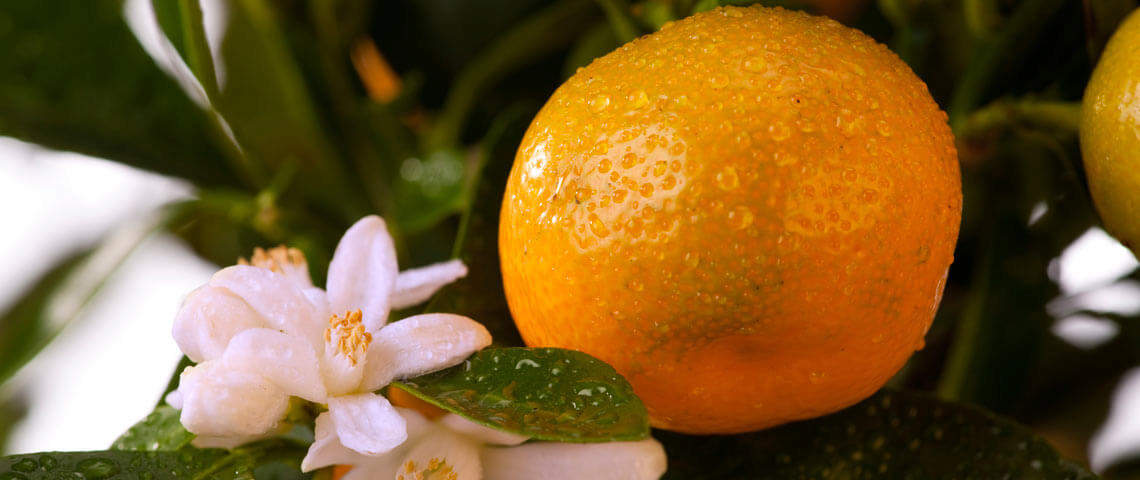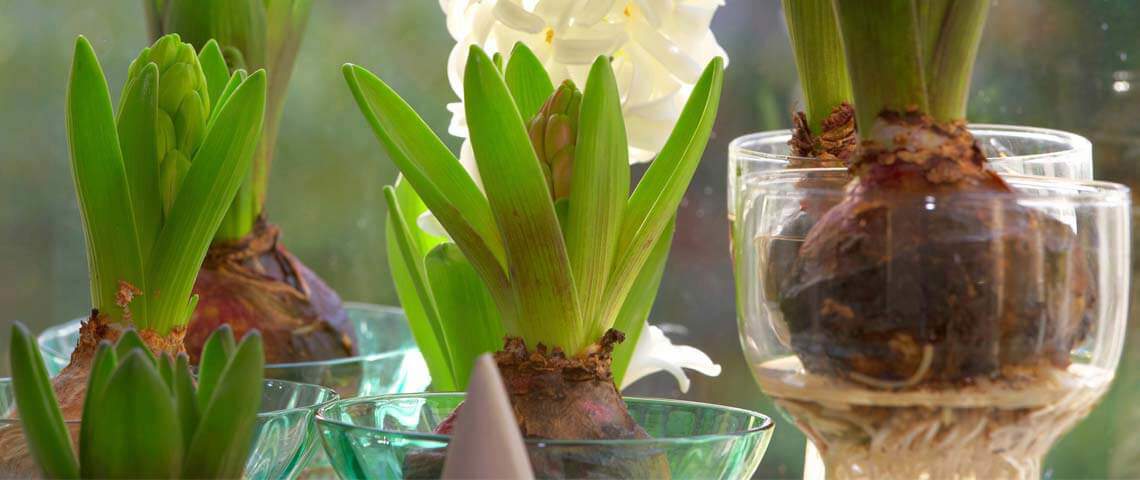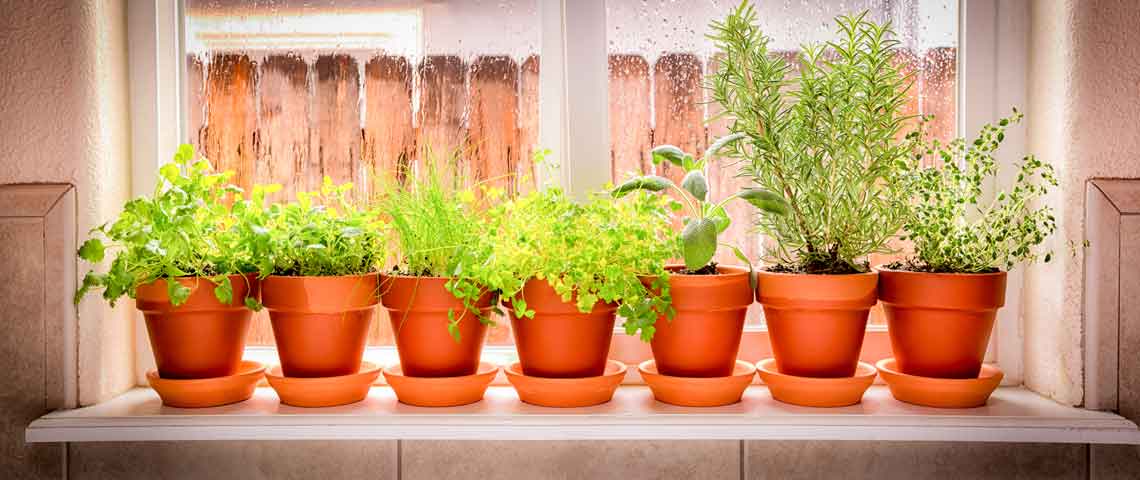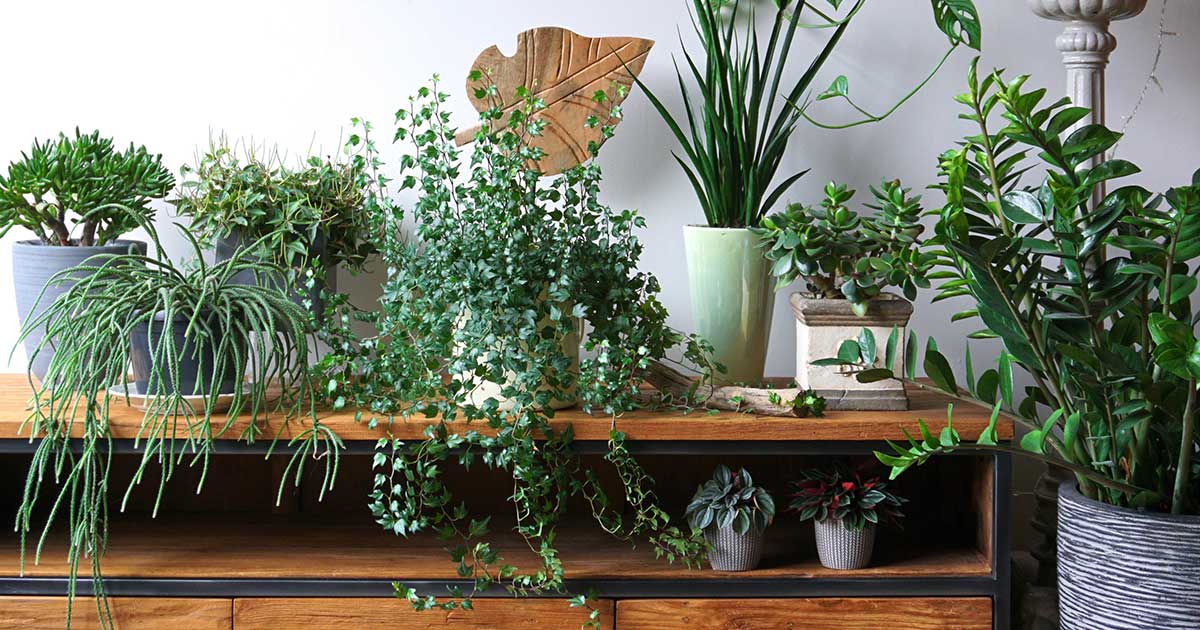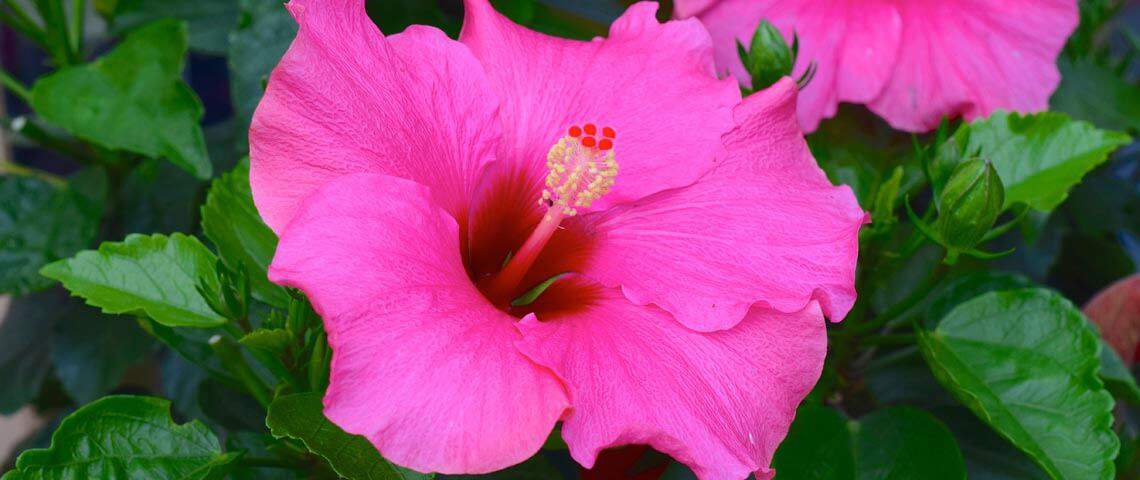How to Grow Citrus Trees in Containers
Fresh-picked, homegrown citrus isn't a luxury reserved for gardeners in sunny, tropical zones. You can grow citrus trees in containers and enjoy their fragrance and zesty fruit even in wintry northern homes. Short on garden space, in any climate? Container citrus can deliver your freshness fix. All it takes is some simple citrus basics, and you're on your way to growing your very own.
- Getting the Right Citrus Tree for Containers
- Choosing Containers for Citrus Trees
- Planting and Repotting Container Citrus Trees
- Caring for Container Citrus Trees Year-Round
Getting the Right Citrus Tree for Containers
Standard citrus trees grow too big for indoors. But dwarf varieties are grafted onto special roots that limit their size and speed up fruiting. Growing citrus in containers keeps them smaller, too. If you're new to growing citrus, start with dwarf types known to flourish and fruit well indoors. Easy-to-grow favorites, such as Improved Meyer lemon, Makrut and Key limes, kumquats and Calamondin oranges fit the bill.
Shop for dwarf citrus trees at least two to three years old — that's when they're mature enough to produce and support fruit. Garden retailers know this information, so they can help with your selection. Your tree may seem small when you buy it, but even with dwarf varieties and regular pruning, most container citrus trees eventually measure near 6 feet tall.
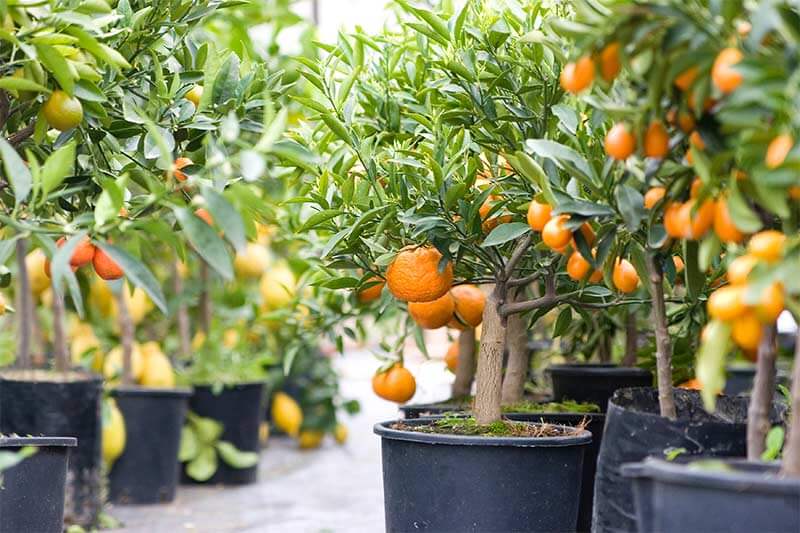
Citrus success starts with choosing the right tree.
Choosing Containers for Citrus Trees
Images of potted Mediterranean citrus can steer you toward overly large pots, but start your tree with smaller pots instead. Too much extra potting soil around trees complicates moisture control, so work your way up in pot size as your tree grows. For small trees, a 12-inch-diameter container — what nurseries call a 5-gallon pot — is perfect for starters. Mature trees need pots double that width and at least 18 to 24 inches deep. This gives roots growing room and prevents tippy, top-heavy trees.
Any pot material works as long as there are ample drainage holes in the bottom. Terra-cotta containers allow helpful air movement through the sides, but large clay pots can be heavy when planted. Lightweight resin or fiberglass planters offer good alternatives. Pair pots with firm, deep saucers to prevent accidental spills. Skip dark colors, which absorb sun and generate heat; citrus like cool roots. Place a wheeled plant dolly underneath your pot to simplify handling and moving your container citrus tree.
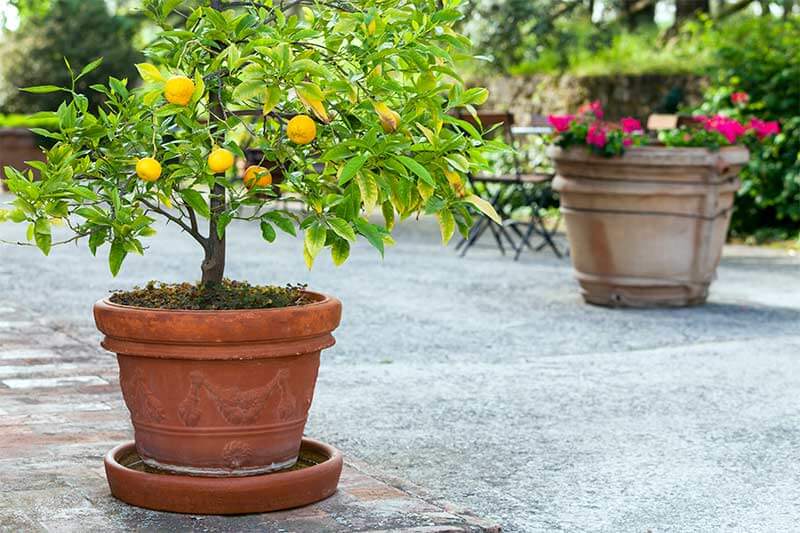
Consider weight and movability, as well as beauty, when selecting your pot.
Planting and Repotting Container Citrus Trees
Citrus trees prefer their soil evenly moist. Potting soil mixes that stay too dry or too wet spell trouble. A premium potting mix that goes beyond the basics in standard potting mixes will give your citrus the best potting soil possible. Water-holding crystals and wetting agents in potting mixes help keep soil moisture consistent as your citrus grows. Benefits such as nutrient-rich earthworm castings and natural mycorrhizae can help improve your soil and enhance your plant's nutrient intake.
Citrus roots need air, so planting depth is important. When replanting your citrus tree, compare your pot size to the chart on potting mix label to make sure you have the amount you need before you start.
Then firm some potting soil mix in the bottom of the pot so you can accurately judge your planting level.
The area where the citrus tree trunk starts to flare out at its base should always be slightly exposed. As you fill your pot, leave plenty of room at the top for watering, and finish it off with decorative mulch, pebbles or moss. Give your citrus a post-planting boost with Pennington Plant Starter to help transplants thrive and deliver special micronutrients that help roots get established.

Potted kumquat trees deliver delicious, pop-in-your-mouth treats.
Caring for Container Citrus Trees Year-Round
With the right potting soil mix and container, citrus trees aren't that different from other houseplants — except for fragrant blossoms and fruit, of course. Provide for these simple needs, and reap the rewards:
- Light: Citrus needs at least six to eight hours of bright, daily light — more is better. Placing trees near southern or southwest windows works well. Remember, natural light shifts with the seasons, so adjust accordingly. If you're short on sunlight, grow lights can make up the difference.
- Water: Never let pots dry out completely, but avoid overwatering. Allow your potting soil mix to dry slightly about 2 inches deep, and then water thoroughly. Test your potting mix by hand or use a soil moisture tester, available in home and garden stores. During active spring and summer growth, container citrus may need extra watering. In winter, water just enough to keep soil moist.
- Fertilizer: Citrus trees need generous amounts of nitrogen plus essential trace nutrients. Needs increase as trees mature. A citrus-specific plant food such as Pennington Rejuvenate Plant Food Citrus & Avocado 5-3-4 used at planting and for ongoing feedings provides the special nutrients citrus trees need. Supplement with kelp- or fish-based products such as OMRI-listed Alaska Fish Fertilizer 5-1-1 for extra nutrients. Limit fertilizer during fall and winter as growth slows.
- Pruning: Regular pruning helps limit container citrus tree size and promotes bigger, better fruit. Don't be shy about pruning potted citrus — just wait until trees flower and set fruit so you don't accidentally prune away your treats. Trim off thorns and any roots or shoots that form near the surface of your potting soil mix.
- Temperature: Normal household temperatures suit citrus fine, and most withstand brief, near-freezing cold. However, avoid placing your tree near drafts or heating and air conditioning ducts. Container citrus can summer outside, but keep them inside until frost danger passes in spring. Then move them gradually, so they acclimate over several weeks, or they may drop their ripening fruit. Move them back inside before fall frost strikes.
- Pests: When trees summer outside, pests can seize the opportunity and even hitch a ride into your home come fall. Citrus-loving insects, such as thrips and spider mites, can cause fruit and leaf damage to your tree. If pests strike outdoors, apply a light, even layer of Sevin Sulfur Dust. The dust starts killing listed pests immediately upon contact and will not harm your citrus tree.
With container citrus trees in your home, you'll enjoy the sweet fragrance of late-winter citrus blossoms. By the time winter rolls around again, you'll be feasting on fruit. Let premium products from Pennington, Alaska and Sevin brands help your container citrus trees look and produce their very best. When fragrance fills the house and fresh fruit hits the table, you'll be glad you gave container citrus a try.
Always read product labels thoroughly and follow instructions, including guidelines for listed plants and pests.
